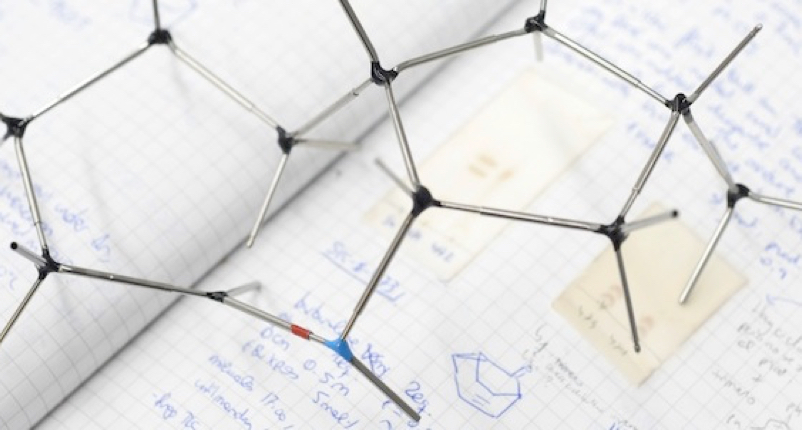Electrochemical vs. chemical promotion in the H2 production catalytic reactions
The addition of electronic promoters chemically (chemical promotion) or electrochemically (electrochemical promotion or EPOC) induces very significant and similar effects on catalytic hydrogen production reactions such as CH4 and CH3OH conversion reactions, water-gas shift or ammoniadecomposition. Both kinds of promotional phenomena follow the same general mechanism but the usefulness of the latter is highlighted. In this paper, the most important and recent contributions of the electrochemical promotion in different hydrogen production reactions are reviewed and compared to those based on conventional chemical promotion methods, mostly focusing on alkali promoters. The functional similarities and operational differences between both promotion ways are pointed out, and their impact on the hydrogen production technology is discussed. By this way the possibility of in-situ controlling the promoter coverage on the catalyst under working conditions and the in-situ catalyst regeneration from carbon deposition, among other novel contributions, lead EPOC to new opportunities for both: development of tailored effective catalysts and operation of hydrogen catalytic processes.

Gonzalez-Cobos, J.; Valverde, J. L.; de Lucas-Consuegra, A.
Int. J. Hydrogen Energy 2017,
DOI:
10.1016/j.ijhydene.2017.03.085

Let's create a brighter future
Join our team to work with renowned researchers, tackle groundbreaking
projects and contribute to meaningful scientific advancements


















